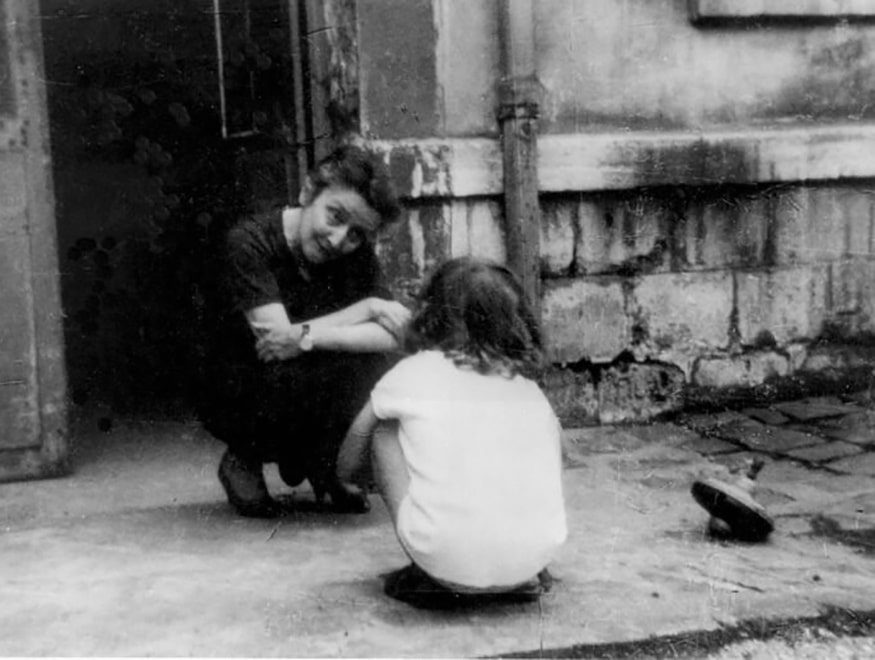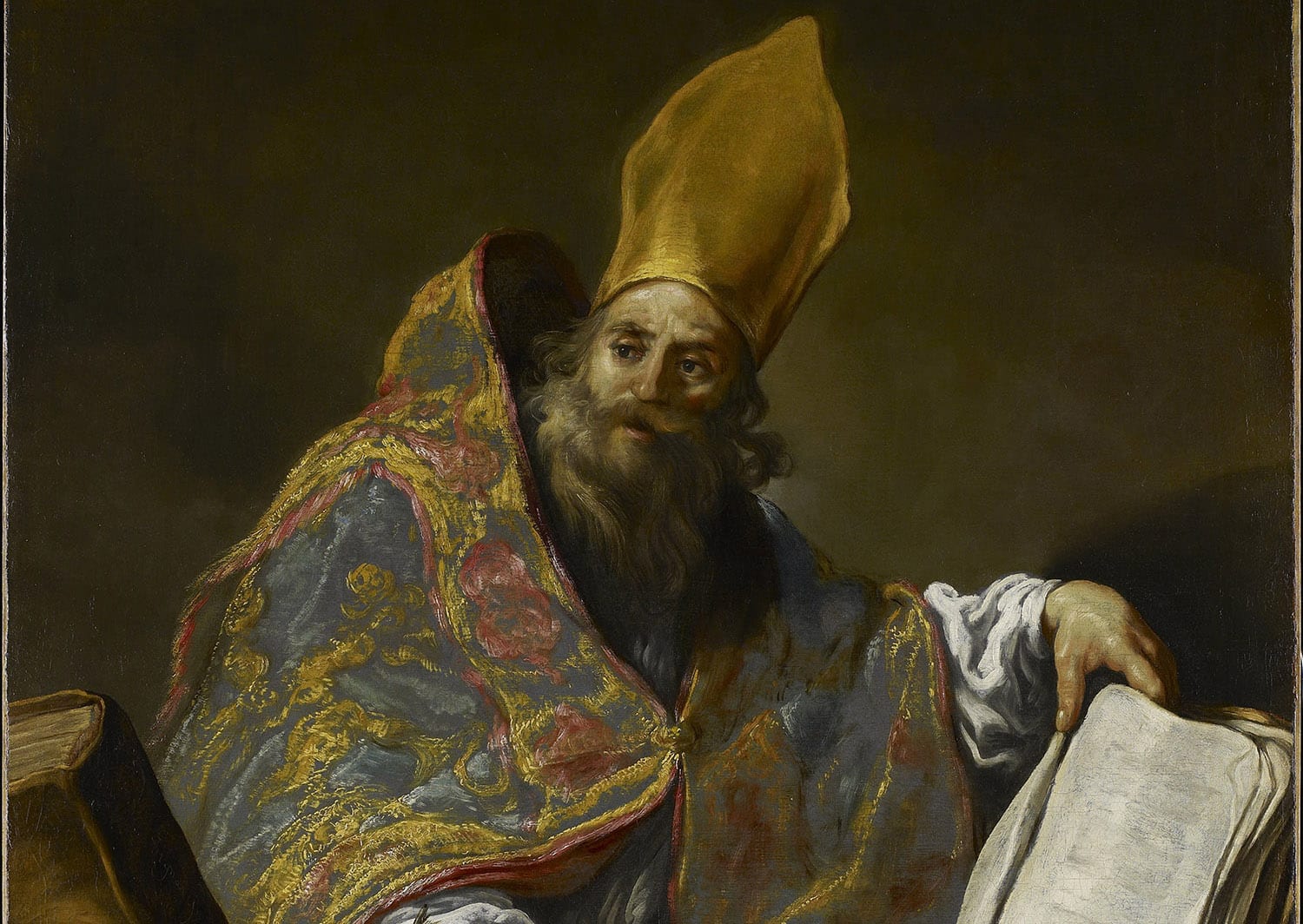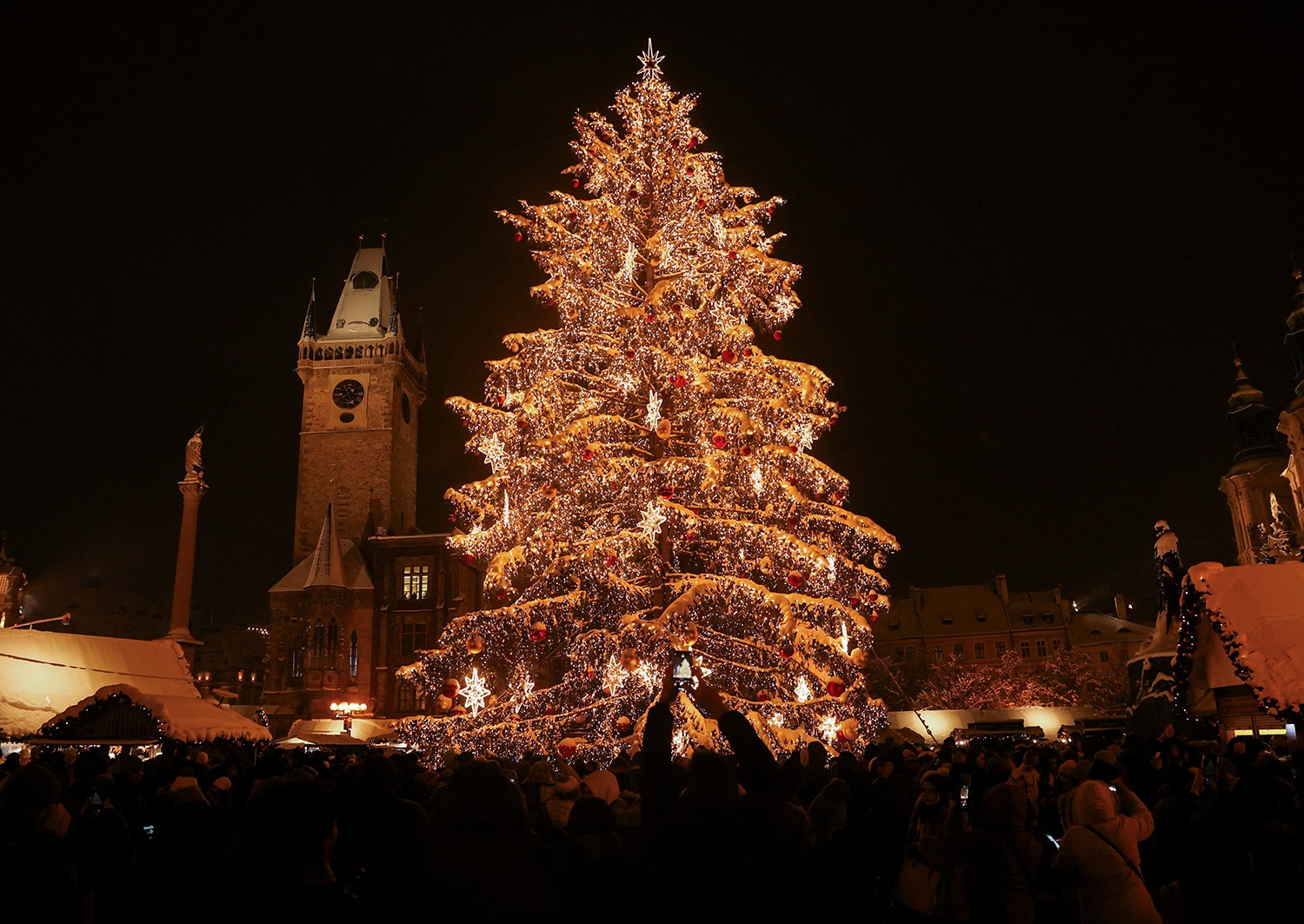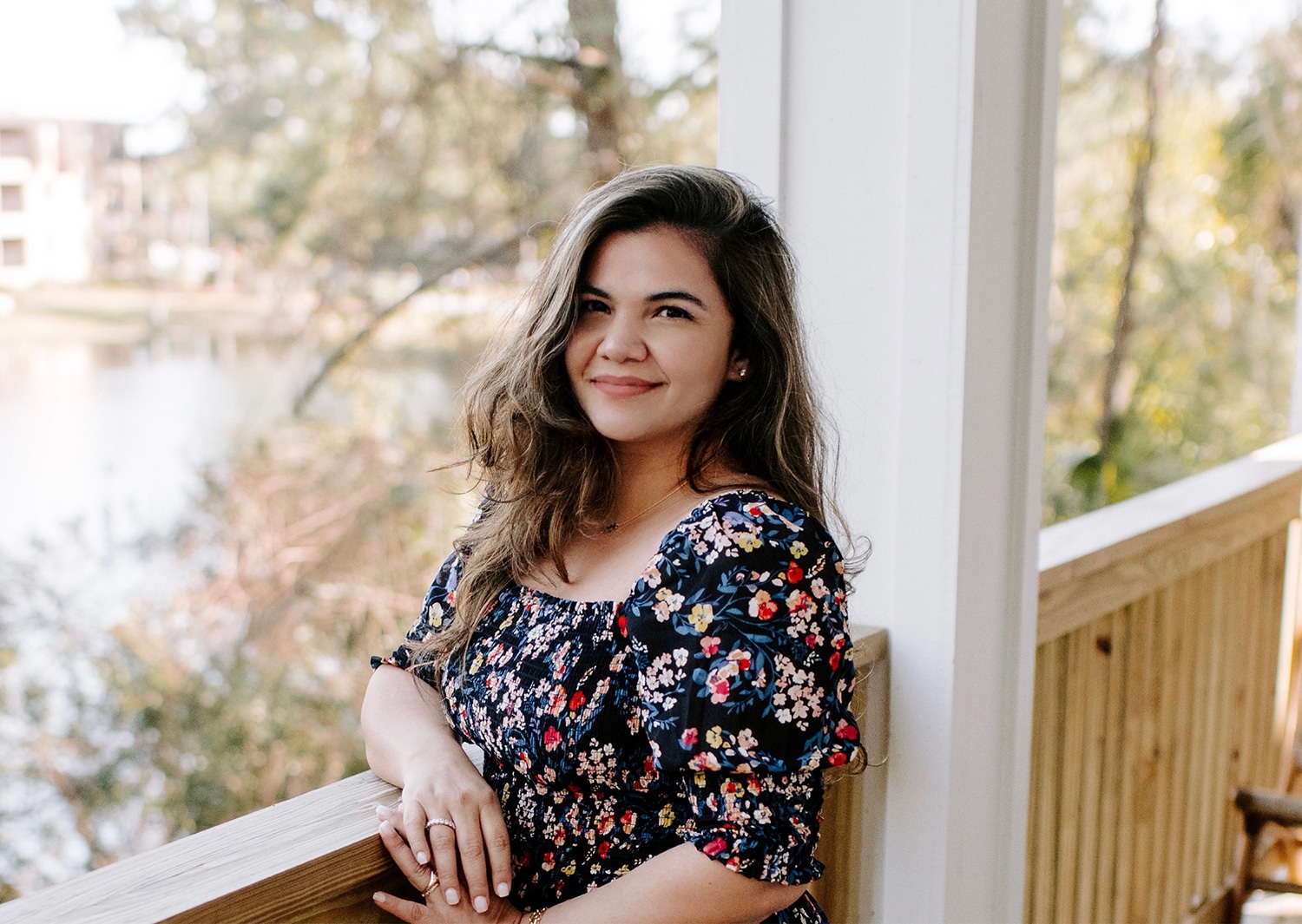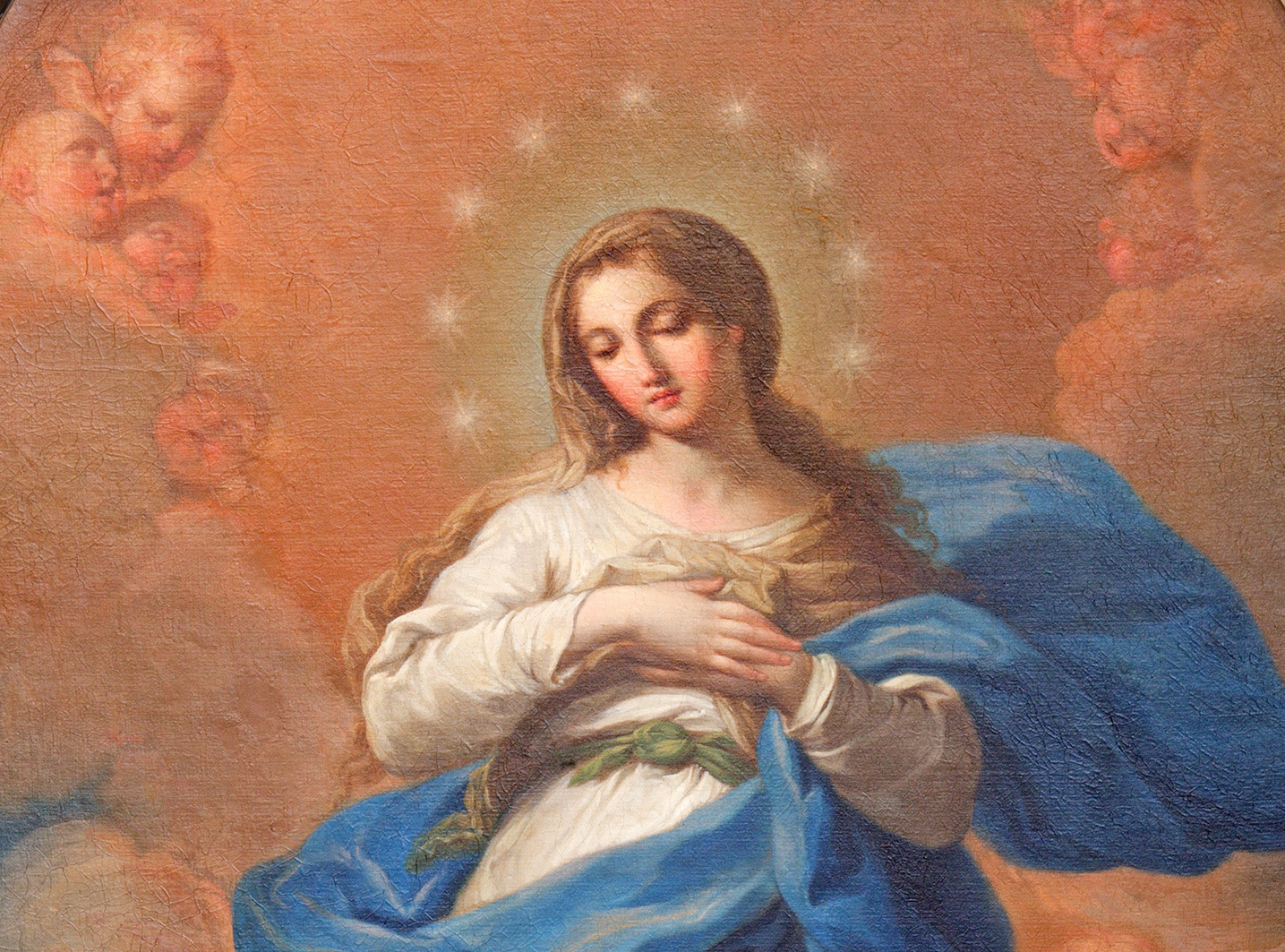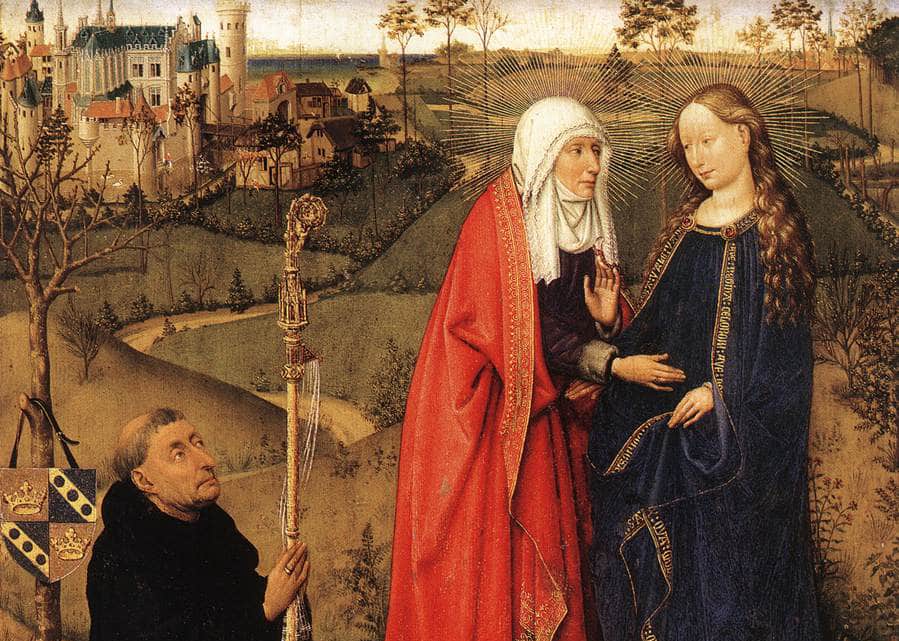The 20th century was one of history’s most violent and war-torn, marked by atheistic, anti-human revolutions and ideologies that continue today.
But in that century, God also raised up some of the Church’s greatest saints and blesseds, a beautiful array of fascinating characters like Mother Teresa, John Paul II, Padre Pio, Charles de Foucauld, Josemaría Escrivá, Maximilian Kolbe, Teresa Benedicta of the Cross (Edith Stein), Miguel Pro, Gianna Molla, José Sánchez del Río, Irmã Dulce Pontes, Chiara Badano, and more.
These saints were witnesses to hope in dark times, shining the light of Christ and showing us the path to find holiness and love in times marked by evil and great suffering.
There were other heroic and holy figures, too, not canonized but no less important and inspiring.
Venerable Madeleine Delbrêl was born in southwest France in 1904. She was a creative, passionate soul; she played piano and wrote poetry, she loved to dance.
Early along, she lost her faith in God. “By the time I was fifteen,” she would later write, “I was a strict atheist, and the world grew for me more absurd by the day.” At 17 she wrote a manifesto that she titled, “God is dead … long live death.”
Talking to students many years later, in 1960, she recalled: “At the time, I would have given the whole world to know why I was in it.”
Finding God
That was not the end of her story; God was not done with her. Some Christians befriended her and encouraged her to pray and read the Gospels.
“By reading and reflecting I found God,” she would later say. “But by praying I believed that God found me and that he is a living reality, and that we can love him in the same way that we can love a person.”
Seeking guidance she came to a priest, Father Jacques Lorenzo, then a local pastor in Paris.
For more than a year in spiritual direction, he opened the Scriptures to her. It changed her life: “He made the Gospel explode for me … not only [as] the book of the living Lord, but also the Lord’s book to live by.”
With Father Lorenzo’s encouragement, she trained as a nurse and social worker. At age 29 in 1933, along with three other laywomen, Madeleine founded a contemplative community in Ivry, a communist-run city in the suburbs outside Paris. The women took vows of celibacy and lived a life of manual labor and prayer among the poor, offering hospitality and works of mercy.
Madeleine lived in Ivry for more than 30 years, until her death in 1964. She said she went there because, “in Ivry, men were unbelieving and poor.”
For her this Marxist city became a modern mission territory, and she carried out her mission, not by preaching, but by her presence, love and friendship. Sharing in the ordinary lives of her neighbors, living her faith with joy, fraternity, and deep concern for those around her, she allowed the joy and love of God to break into a darkened world.
Missionary mysticism
Madeleine believed that the Church’s mission depends on each one of us, no matter who we are or what our state in life.
“Mission means doing the very work of Christ wherever we happen to be,” she said. “We will not be the church, and salvation will not reach the ends of the earth, unless we help save the people in the very situations in which we live.”
A mystic as well as a missionary, she had a profound sense that in the Gospels we truly encounter the Word made flesh: “The words of the Gospel are miraculous. If they don’t transform us, it’s because we don’t ask them to.”
Madeleine’s mysticism did not take her out of the world. Instead, it plunged her deeper into the world’s pain, poverty and injustice.
“Jesus wants to live it in me,” she once wrote. “He’s with me among the people I encounter today. … All of them will be people he’s come looking for — those he’s come to save. … Through the brothers and sisters who are close to us, whom he will make us to serve, love, and save, waves of his love will go out to the end of the world and the end of time.”
This is an important, timely and beautiful book for modern apostles.
I pray that through her words and spirit, Delbrêl will help all of us in the Church to discover, as she did, that our ordinary daily lives are “our place of holiness.”
(Sophia Institute Press has just reissued the spiritual classic, “The Joy of Believing,” by Madeleine Delbrêl, who was declared a “Venerable” by Pope Francis in 2018. The following is adapted from Archbishop Gomez’s introduction to this work, which was first published in 1968.)

